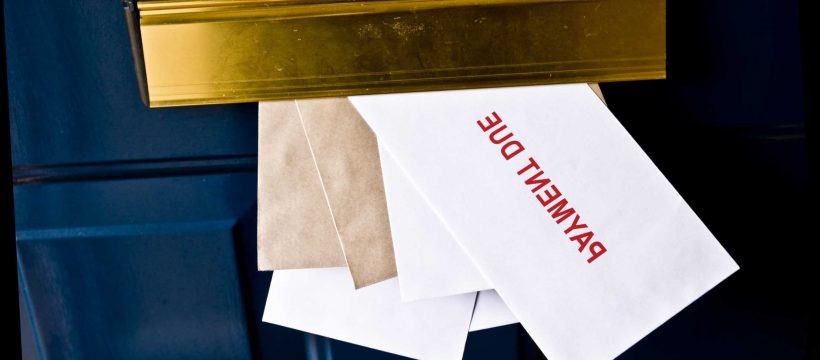A HUGE spike in the number of people taking out Individual Voluntary Agreement should "ring alarm bells", a charity has warned.
New figures from the Insolvency Service showed that the number of people taking out an IVA shot up by six per cent in a year, from 70,796 to 77,973.
It's the highest annual level of IVAs recorded in England and Wales since they were introduced back in 1987.
The number of IVAs failing in their first year also rose from 4.1 per cent in 2013 to 8.4 per cent in 2019, the highest proportion since 2002.
Step Change Debt Charity is warning that the spike should spark calls for further regulation on the industry.
Peter Tutton from the charity said that the current system doesn't do enough to "protect people from the harm" that can be caused if an IVA fails.
He added: "Further work is needed to ensure that the risk of IVAs failing is minimised."
An IVA is a way to avoid bankruptcy for those with debts of more than £20,000, as you set up an agreement with firms to pay back the money you owe to different companies, known as creditors, over a set period of time.
The arrangements have been used by celebrities, such as Katie Price.
A person's debt is frozen during the length of an IVA, typically between five and six years.
But if it ends early, lenders can re-impose any or all of the frozen interest charges, pushing people further into debt.
IVA firms also charge a fee for the service, typically £1,000, which is added onto the debt, and many people don't realised that it will negatively affect their credit history.
Critics have warned of a possible mis-selling scandal after the regulator found that poor quality advice is being given to people in debt.
This could potentially lead to some people entering into an IVA when other options would have been more appropriate.
Experts fear that the number of young people taking out an IVA is also on the rise.
If you're one of the millions of people in the UK relying on costly credit to plug the holes in your finances, here are eight simple steps to get out of debt.
What help is there if you're in debt
IF you're struggling with debt then you can get help.
Debt Management Plan (DMP)
A DMP is an informal agreement so you can stop it at any time and resume the normal debt repayments, or adjust your payments if your circumstances change, like you lose your job.
It ends when you've paid off the debt so it could last for decades.
The plan is proposed to creditors individually so there's not guarantee that the interest will be frozen.
Many firms charge a fee for the service, either upfront or one that's incorporated into your monthly payments.
You can get a free DMP from the National Debtline, StepChange and PayPlan.
Individual Voluntary Agreement (IVA)
It's a lesser form of bankruptcy, which is a legally binding agreement with your creditors to pay off your debts over a set period of time that has been approved by the courts.
It must be set up by a professional called an insolvency practicioner who will charge a fee of around £5,000.
Your repayments are made to the insolvency practioner who distributes your cash.
If you come into some money during your IVA then your creditors may have the right to claim it.
If you have any savings or pension payments then these will go to your creditor. If you own a home you may have to remortgage it. You may also struggle to get credit while repaying an IVA and details of the agreement will remain on your credit file for six years.
If you fail to make repayments then you could be made bankrupt.
The debts are written off after five years, regardless of whether you've paid them off in full.
Debt Relief Order (DRO)
A DRO is way to have your debts written off if you have under £20,000 of debt and no assests. You have to pay a £90 fee, make repayments and after 12 months your debts are written.
You can't apply for a DRO if you're a homeowner. It will negatively affect your credit score for six years and it maybe difficult to get credit during this time and details will be pubished publically.
Bankruptcy
Bankruptcy is a last resort if there is no other way to repay your debts. It lasts from one year to up to three and you'll be asked to make repayments during this time.
It is much more difficult to get credit after bankruptcy and your credit rating will be affected by up to 6 years.
You could lose your house, possessions and some proffesions won't let you work if you've been made bankrupt.
If you own a business it could be sold and the details of your bankruptcy will be published publically.
You have to pay a £680 fee to go bankrupt.
Source: Read Full Article


